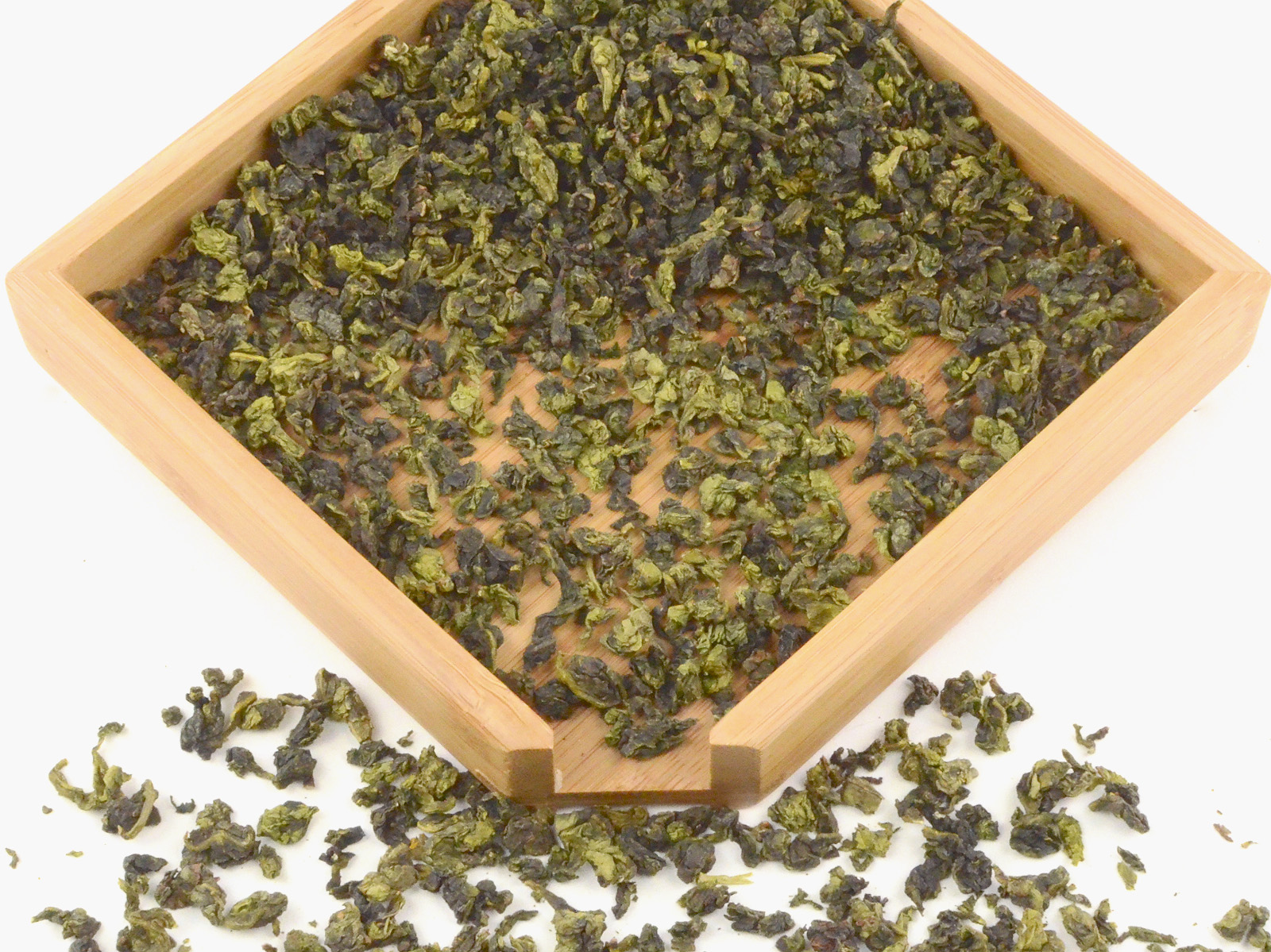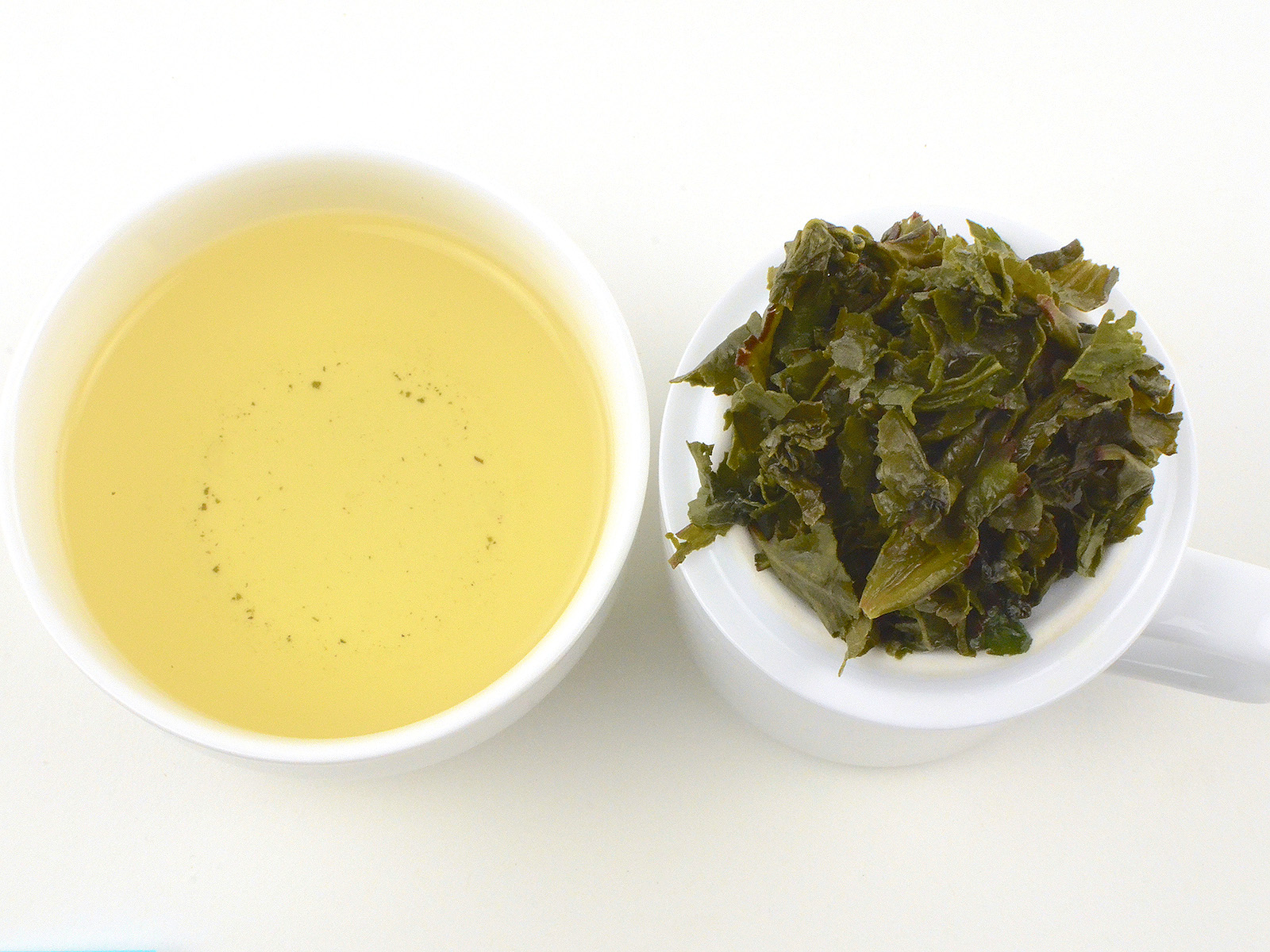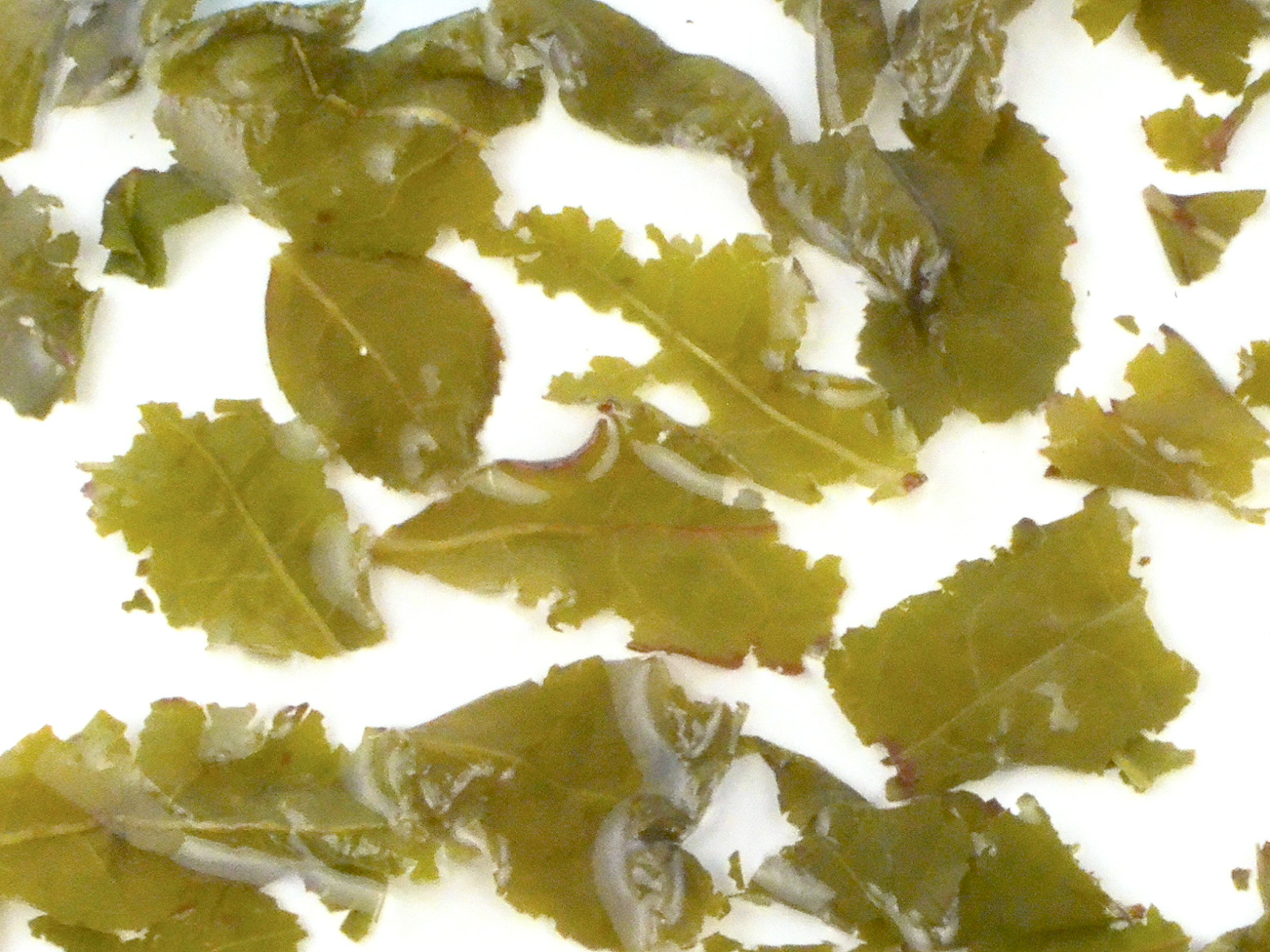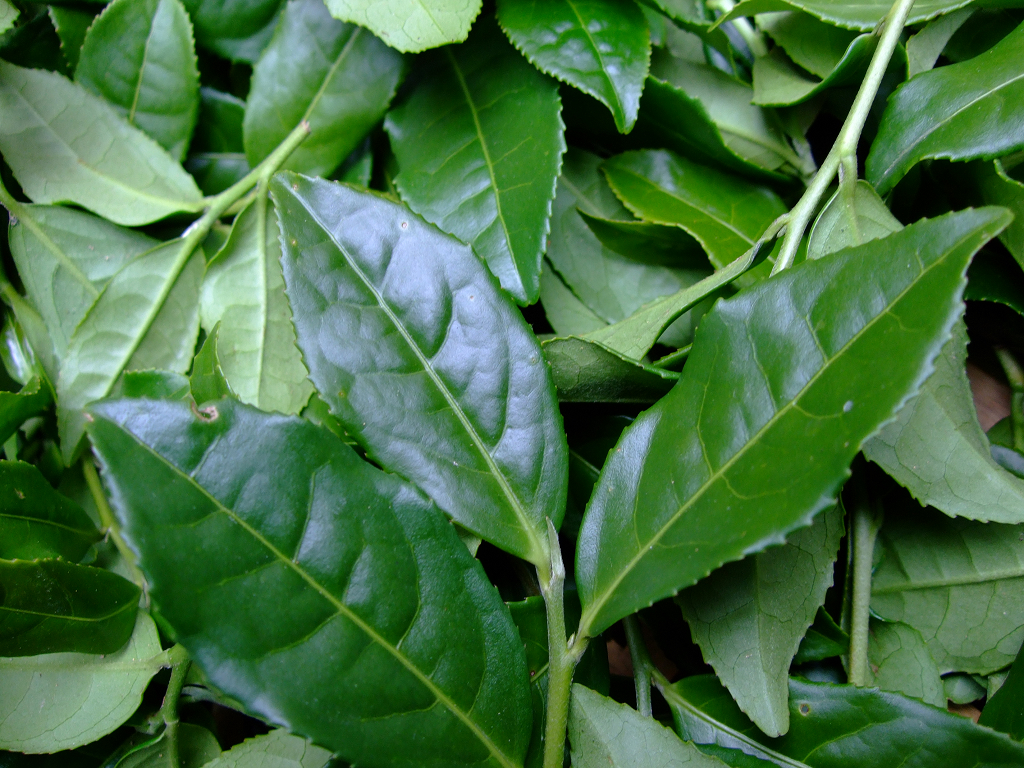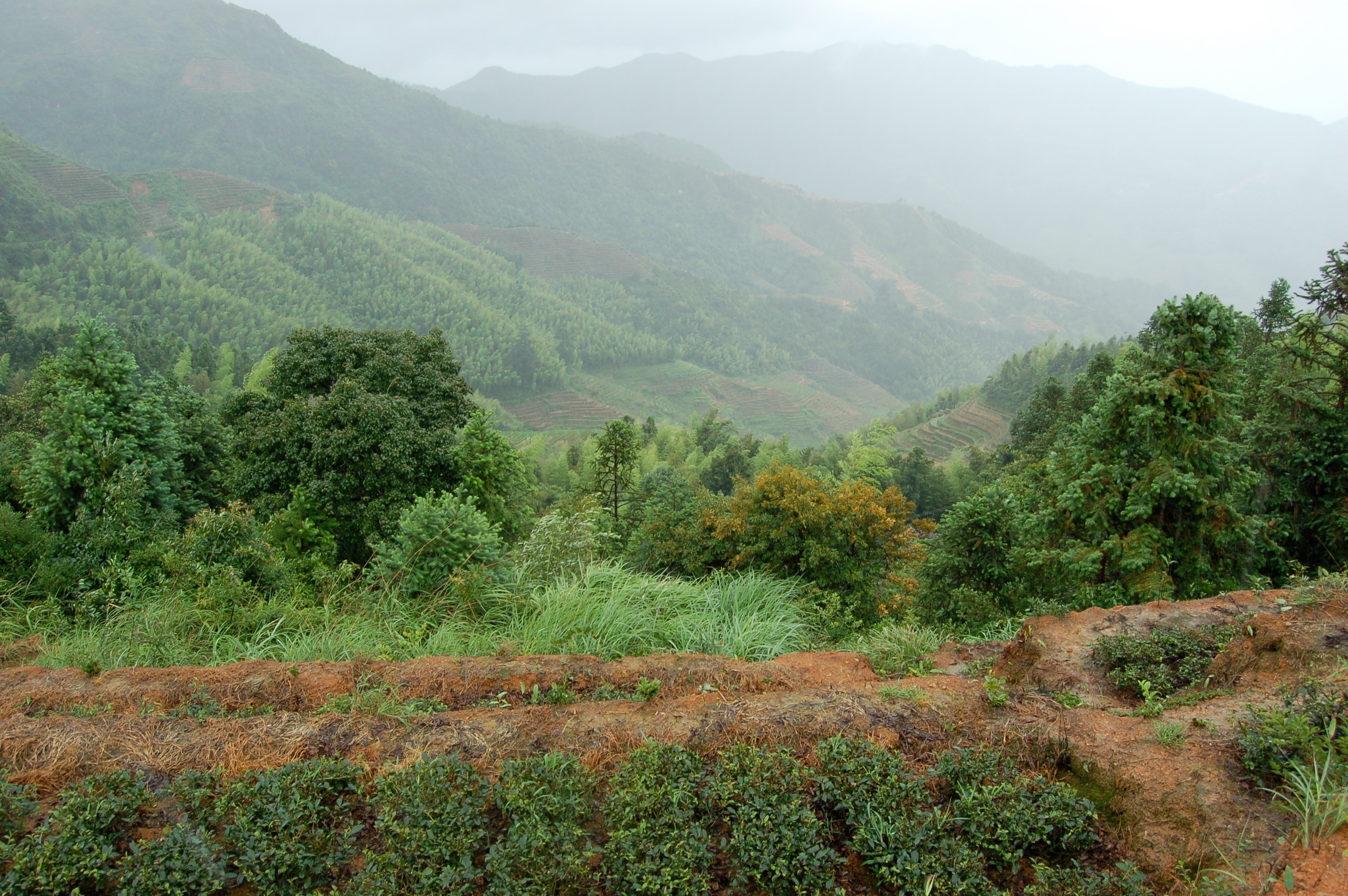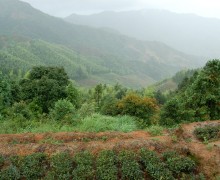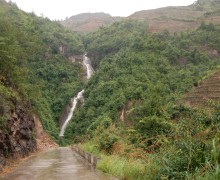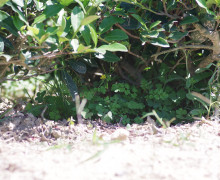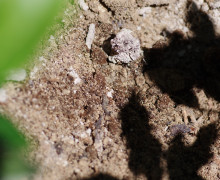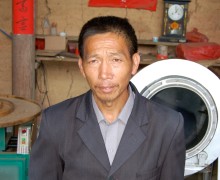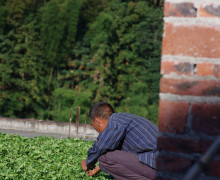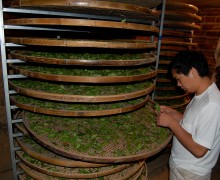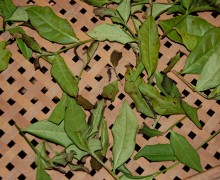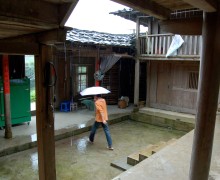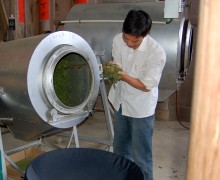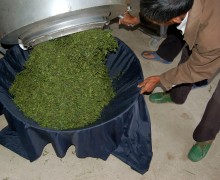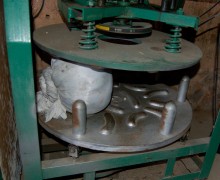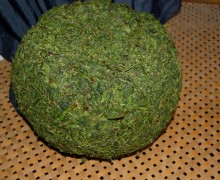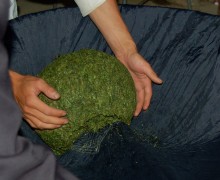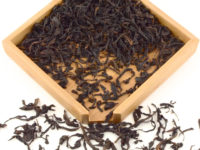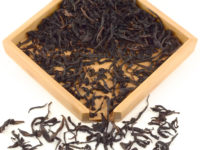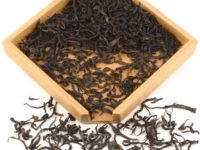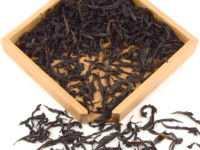Ma Liu Mi (Monkey Picked)
Anxi Wulong Tea 2023
Young leaves rolled into the compact pearl style of modern Anxi wulong exhibit the smooth clean flavor and characteristic floral aromatics of the Tieguanyin tea cultivar. The light oxidation and resulting mild brew is well suited for green tea drinkers who are curious to explore some of the nuance of wulong tea without straying too far from a familiar flavor profile.
- 2024 $15.75
- Tea Origin
- Anxi County, Fujian Province, China
- Tea Bush
- Hongxin Tieguanyin (Red Heart Tieguanyin)
- Tea Maker
- Zhang Shuiquan and Zhang Qingjian
- Harvest Time
- April-May
- Plucking Standard
- Zhong kai mian
This very popular tea is both lightly oxidized and lightly roasted to create a fresh floral aroma and pure light taste. Its blend of local Anxi Tieguanyin tea leaves harvested from high mountain bushes create a sweetly flavored tea that can be infused many times. Monkey Picked wulong is a great choice for those looking for a mild taste with a pleasant fragrance.
You will notice this tea’s plucking standard is a bit coarser and its oxidation a bit lighter than other Anxi wulongs. The relatively mild brew that results is well suited for the green tea drinker who is curious to explore some of the nuance of wulong tea without straying too far from a familiar flavor profile.
Do monkeys pick tea?
The name of this tea comes from a popular tale passed on in the oral tradition. It tells of tea bushes growing in the high mountains that were favored for their flavor but very dangerous to pick. The local farmers decided to train monkeys to harvest the tea leaves. Although nimble, the monkeys were not careful pickers and grabbed both new and old leaves. The result was a blend of leaves that created a tea with a special character and light flavor known today as Monkey Picked. Though we love the stories and myths that surround Chinese tea culture, we assure you that no monkeys are involved in processing this tea.
High mountain cultivation and cultivar
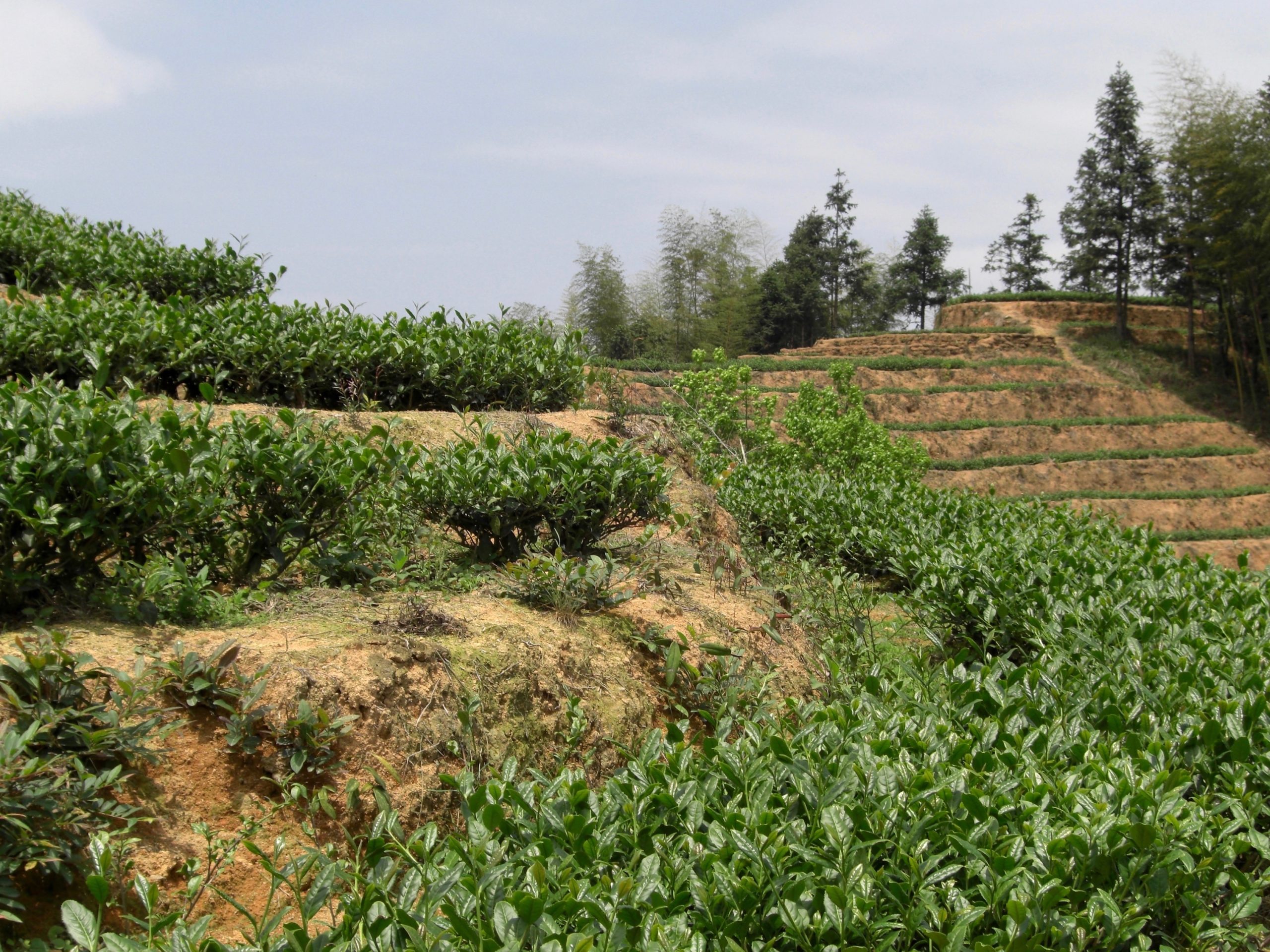
The Zhang family who produce our Tieguanyin teas grow the original Tieguanyin cultivar of tea plant on their farm in Anxi County. They do not blend it with other local cultivars, as is the case with most Tieguanyin on the market today. The leaves used to craft this tea are grown in a higher (above 1000m) mountain region that is far removed from Anxi City, where most Tieguanyin is made. In this high mountain region, the environment is relatively untouched and free from pollutants, and as as a result, the regions tea naturally carries a light wild flower aroma.
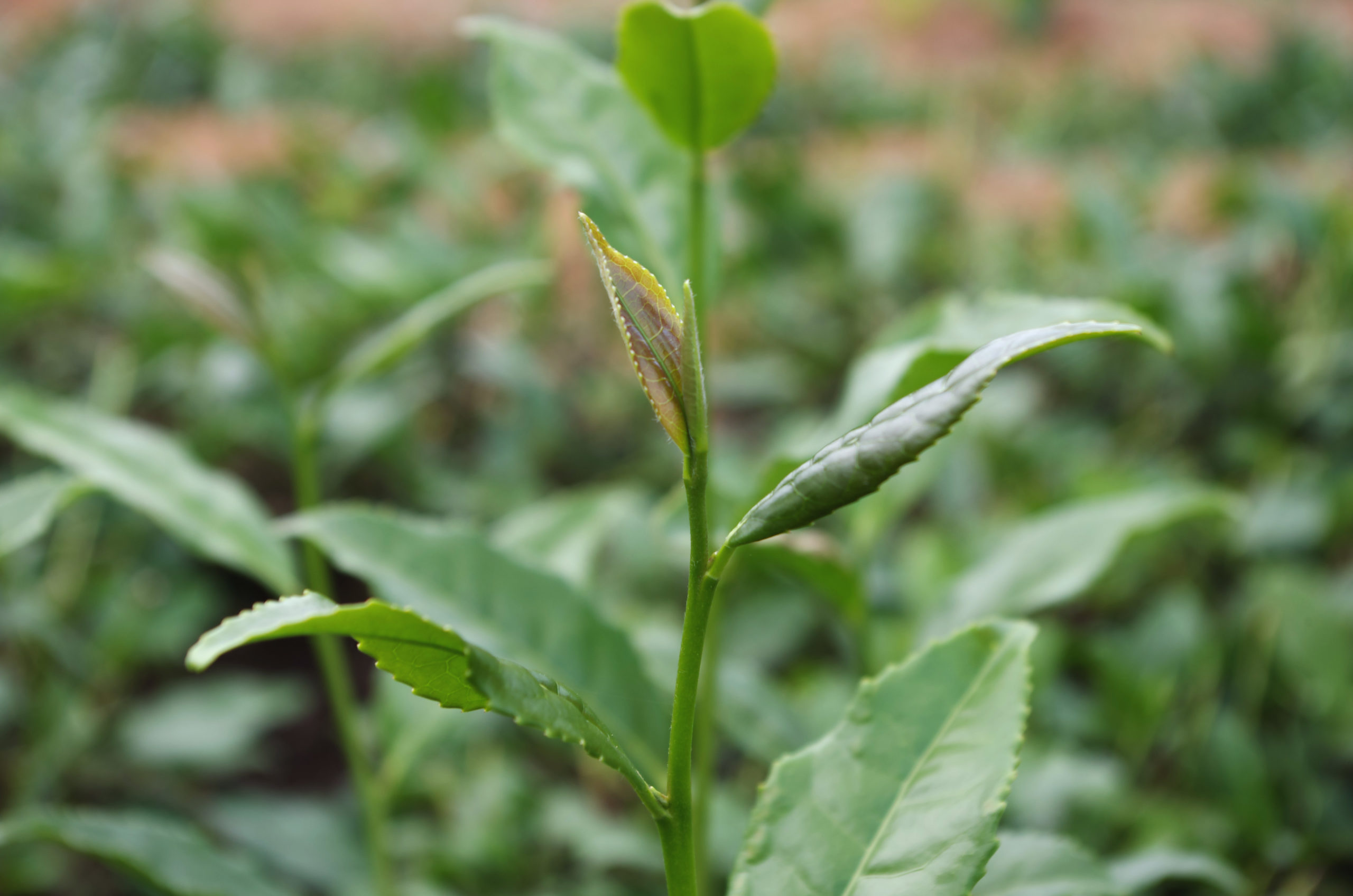
This high-altitude cultivation also enables producers to grow the higher-quality Hongxin “Red Heart” cultivar of Tieguanyin, which is better adapted to the cooler climate. Unlike the more common Lüxin “Green Heart” cultivar grown at lower elevations, Hongxin Tieguanyin displays a distinctive faint red blush in its youngest leaves, surrounded by mature green leaves.
History of Anxi Wulong
For centuries, Anxi wulong was made in much the same way as rock wulong in other parts of Fujian Province or Dan Cong wulong in Guangdong Province. This traditional style of wulong is what gave this type of tea its name, called wu long or “black dragon” after the long, dark, twisted shape of the finished loose tea leaves.
However, in the 1990s, Anxi producers began replacing the long, low-temperature roast of the tea with a quick, hot roast to retain the leaves’ greener character. Other adjustments were made to the processing to produce a much lighter, less oxidized, and intensely floral tea that was much more similar to a green tea. Because green tea has always been and remains the most popular type of tea in China, green-style Anxi wulong was wulong producers’ attempt to capture some of the very large domestic Chinese market for green tea. This tactic was extremely successful, and modern green Anxi wulong has become incredibly popular. The compact pearl style was introduced to protect the leaf from breakage during transport. These days, green-style Anxi wulong pearls have become the face of Anxi wulong in China.
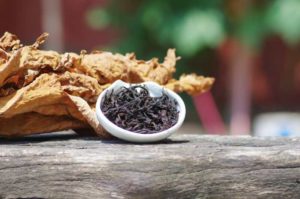
Some Anxi producers are now slowly moving back to making Tieguanyin in the traditional way, with the darker roast and the long, twisted leaves. Both methods of processing yield very different end results, but both benefit from the high quality and unique clean character of the Tieguanyin bush.
No chemical fertilizer, pesticide, or herbicide was used in the production of this tea. Click here to read more about our promise to fair trade and the environment.

